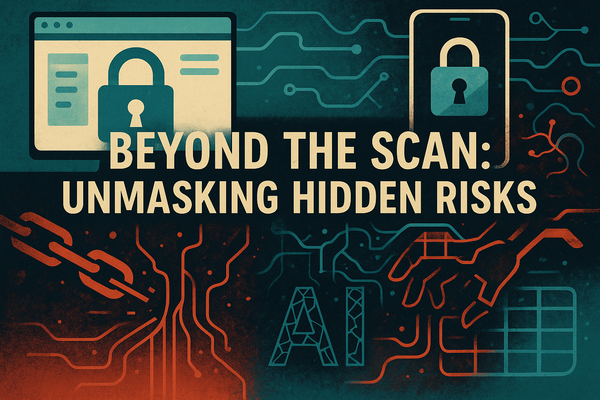The Intersection of Artificial Intelligence and Cybersecurity

Summary: Artificial intelligence (AI) is playing an increasingly significant role in cybersecurity, with applications ranging from threat detection to incident response. This article will discuss the current and future potential of AI in cybersecurity, as well as the challenges and ethical considerations associated with its adoption.
Introduction
In the digital era, the interplay between Artificial Intelligence (AI) and cybersecurity has become increasingly profound, transforming the landscape of threat detection and mitigation strategies. AI, with its computational power and predictive capabilities, is being deployed to detect, defend, and deter cyber threats, all while making sense of the massive amounts of data generated every day.
Artificial Intelligence in Cybersecurity
AI can be a game-changer in cybersecurity for several reasons:
- Anomaly Detection: AI algorithms can learn 'normal' behavior patterns in network traffic and promptly identify deviations, suggesting a possible security incident. These anomalies may be subtle and hard for human analysts to detect.
- Predictive Capabilities: Machine learning, a subset of AI, can predict future attacks based on historical data. It identifies patterns and trends in past cyberattacks to anticipate future ones, helping organizations to be proactive rather than reactive.
- Automation and Speed: AI can analyze vast amounts of data at high speed, providing real-time threat intelligence. It automates repetitive tasks, freeing up time for human analysts to focus on more complex issues.
- Phishing Detection: AI can analyze emails and detect phishing attempts by identifying telltale signs such as subtle anomalies in the sender's address, writing style, or the email content.
The Flip Side: AI in the Hands of Cybercriminals
While AI is a powerful tool for defense, it also presents new threats when exploited by cybercriminals. AI can be used to automate attacks, making them more efficient and harder to detect. Deepfakes, generated using AI, are becoming a significant concern, where the technology is used to create fake audio or video content for deception and misinformation.
Artificial Intelligence and Privacy Concerns
The use of AI in cybersecurity also raises concerns about privacy. AI systems often require vast amounts of data to function effectively, which can lead to potential misuse of personal data or unintentional biases in their algorithms. It's crucial for organizations to balance the use of AI in cybersecurity with the need for privacy.
Conclusion
The intersection of AI and cybersecurity presents both opportunities and challenges. As AI continues to evolve, it will undoubtedly play a crucial role in shaping the future of cybersecurity. However, it's essential to address the ethical and privacy concerns that come with it. Like any tool, the impact of AI on cybersecurity will ultimately depend on how it's used. As we traverse this new frontier, a thoughtful and balanced approach will be key to unlocking its potential while mitigating its risks.





